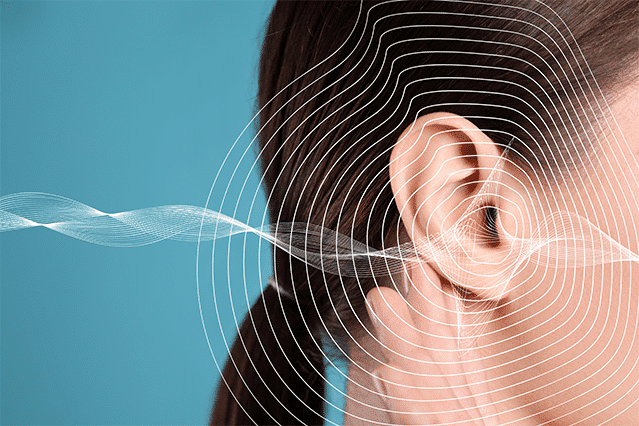Tinnitus is often described as a ringing in the ears, but for those who live with it, the experience is far more complex and deeply personal. It is not simply a sound; it is a constant companion that follows a person into moments of silence, rest, and reflection. When the external world grows quiet, tinnitus grows louder, filling the mind with a noise that cannot be switched off. Over time, this persistent presence can take a serious mental and emotional toll.
One of the most challenging aspects of tinnitus is its unpredictability. The sound may be a ring, buzz, hiss, or hum, and it can change in volume or tone without warning. This lack of control often leads to frustration and anxiety. People may find themselves constantly monitoring their symptoms, wondering when the noise will spike or whether it will ever fade. This hyper-awareness can trap the mind in a cycle of worry, making relaxation feel impossible.
Sleep is frequently one of the first casualties. Silence at night amplifies tinnitus, turning bedtime into a battleground between exhaustion and an unrelenting internal noise. As sleep quality declines, mental resilience weakens. Fatigue can intensify emotional responses, making stress harder to manage and small challenges feel overwhelming. Over time, chronic sleep deprivation can contribute to mood changes, irritability, and difficulty concentrating.
The emotional impact of tinnitus often extends beyond stress and frustration. Many individuals report feelings of sadness or grief for the quiet they once took for granted. Social situations may become draining, especially when tinnitus interferes with hearing or focus. This can lead to withdrawal and isolation, as people avoid environments that worsen their symptoms or feel embarrassed explaining an invisible condition to others. When misunderstood or dismissed, these experiences can deepen feelings of loneliness.
Anxiety and depression are common mental health companions of chronic tinnitus. The constant noise can create a sense of being trapped in one’s own mind, with no escape from the sound. Some individuals fear that tinnitus signals a worsening condition or that it will dominate their future. These thoughts, if left unchecked, can fuel persistent anxiety and hopelessness, making the condition feel even more overwhelming.
Despite its challenges, many people gradually learn ways to cope with the mental toll of tinnitus. Acceptance, rather than resistance, often marks a turning point. When the mind stops fighting the sound, it can reduce its emotional power. Techniques such as mindfulness, sound therapy, and cognitive strategies can help shift attention away from tinnitus and rebuild a sense of control.
The mental toll of tinnitus is real and significant, but so is the human capacity for adaptation. While the ringing ear may remain a constant companion, it does not have to define a person’s inner life. With understanding, support, and effective coping tools, many individuals rediscover calm, purpose, and moments of true quiet—within their own minds.
COVID: 7 Effortless Tips to Stay Active During the Pandemic
Personal Journeys: 5 Inspiring Stories of Change
Dr. Liker’s Latest Podcast
5 Innovations by Dr. Mark Liker in Care You Should Know
Pandemic-Related Depression Rise


